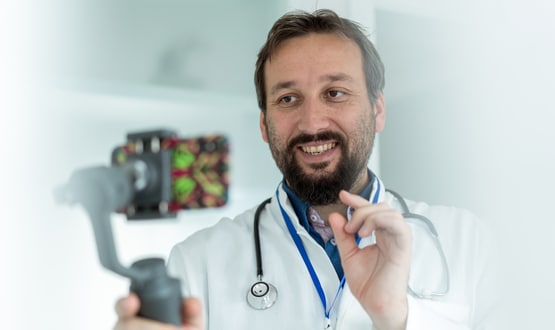Call for new records standards body
- 25 January 2012

Health and social care organisations have called for a new body to be set up to develop clinical record standards to support the development of electronic health records.
A joint working group, set up at request of the Department of Health, published a report yesterday, arguing that a Professional Record Standards Development Body should be set up, initially under the auspices of the Academy of Medical Royal Colleges.
The joint working group was chaired by national clinical director for informatics Dr Charles Gutteridge and included representatives from the DH Informatics Directorate, patient and professional bodies.
It was asked to examine how professional requirements and leadership could support the development of EHRs.
Its report argues that: “Technical standards alone do not ensure the ability for information systems to transfer interpretable health data around the NHS so that they can be reliably manipulated and understood.
“However this problem can be considerably simplifed by the clinical/health/social care professions agreeing on standard clinical/professional representations for the content of medical/health/social care records.”
The joint working group recommends that the PRSDB should “lead the development and professional assurance of clinical record standards across all specialities and clinical disciplines.”
It says this should provide a foundation “upon which to base the collection, storage, communication, aggregation and reuse of structured clinical information across organisational boundaries throughout health and social care."
It also argues that the interim body should establish the final structure, governance and funding of the new PRSDB.
In a forward, Dr Gutteridge says: “I believe that the establishment of the Professional Records Standards Development Body is a vital step towards the creation of digital records that can be used by patients and shared with clinicians for improving health.”
The group’s report says that as the cost and complexity of healthcare increases, so does the need for high quality information, to empower patients, inform the public, drive clinical care and manage scarce resources.
Although health care is “awash with information”, it says this is often recorded for different purposes, by different users, and then stored in disparate locations.
Therefore, although there have been “advances” in the development and introduction of healthcare information systems, it says “major frustrations” remain.
“Local acquisition of IT systems should lead to better use of resources, but this will only be achieved by the implementation of standards to underpin the structure of records wherever they are created,” it adds.
The Academy of Royal Medical Colleges has articulated the need for common standards for patient focussed health records, and endorsed the first national evidence and consensus based record standards back in 2008.
The joint working group argues the new PRSDB is needed to take this work forward, in line with the government’s commitment to an ‘information revolution’ for NHS staff and users.





